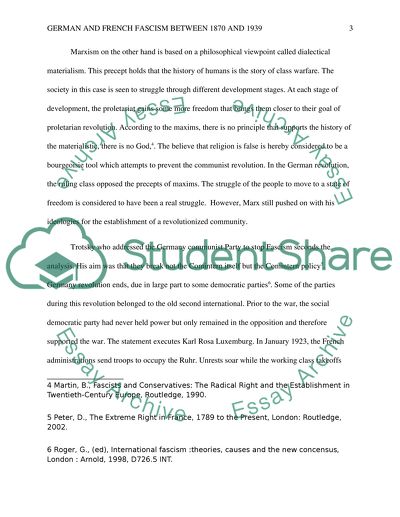Cite this document
(“German and French Fascism between 1870 and 1939 Essay”, n.d.)
German and French Fascism between 1870 and 1939 Essay. Retrieved from https://studentshare.org/history/1474738-german-and-french-fascism-between-1870-and-1939
German and French Fascism between 1870 and 1939 Essay. Retrieved from https://studentshare.org/history/1474738-german-and-french-fascism-between-1870-and-1939
(German and French Fascism Between 1870 and 1939 Essay)
German and French Fascism Between 1870 and 1939 Essay. https://studentshare.org/history/1474738-german-and-french-fascism-between-1870-and-1939.
German and French Fascism Between 1870 and 1939 Essay. https://studentshare.org/history/1474738-german-and-french-fascism-between-1870-and-1939.
“German and French Fascism Between 1870 and 1939 Essay”, n.d. https://studentshare.org/history/1474738-german-and-french-fascism-between-1870-and-1939.


